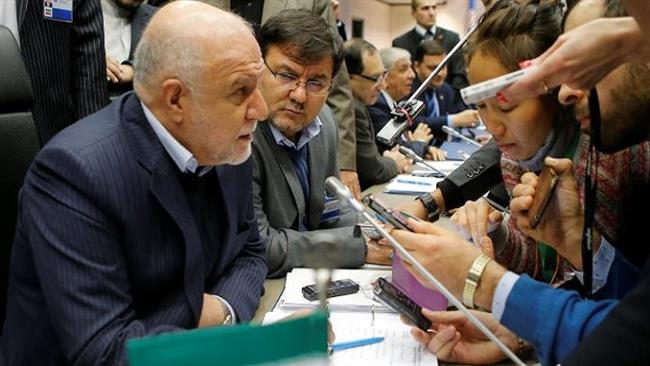Iran’s Oil Minister Bijan Zanganeh (pictured) has restated that the Islamic Republic needs $200 billion in investment for oil and gas development projects.
Zanganeh’s answer to Parliamentary questions put the scale of Iran’s challenge in stark perspective, after Tehran announced its first significant deal — a $4.8 billion contract with France’s Total — following implementation of the July 2015 nuclear agreement.
Zanganeh said Iran is looking to obtain 65% to 70% of the investment from abroad.
The Oil Minister first set out the $200 billion figure in February 2016, a month after implementation of the deal with the 5+1 Powers (US, UK, France, Germany, China, and Russia) began.
But Iran has struggled to make progress. European companies have been wary of ongoing sanctions, which are hampering banking and financial arrangements. Internal disputes, notably with the Revolutionary Guards, have hindered adoption of Iran Petroleum Contracts with foreign firms.
Tehran is hoping that the Total contract is a breakthrough deal. Deputy Oil Minister Amir Hosssein Zamaninia said at a conference in Istanbul on Tuesday, “I can assure you this isn’t the last one. We’ll see other contracts being made within the next few weeks.”
He claimed Britain’s BP, Russia’s Gazprom and Lukoil, and Malaysia’s Petronas are among international companies who are in discussions with the Ministry.
The vice chairman of the Iranian Petroleum Federation, Reza Paydar, said Denmark has proposed a $1 billion investment contribution to Iran’s development plans and asserted, “The highest interest in investing in our country has been received from Austria, Norway, Sweden, the United Kingdom, Germany, and in a very limited form from Italy and Spain.”
Paydar proclaimed that $108 billion in foreign investment will be obtained for 53 projects “within a maximum of three to five years”.
In Parliament, Zanganeh said the Total contract would help prevent the US, “God willing”, from re-imposing sanctions on the Islamic Republic.

